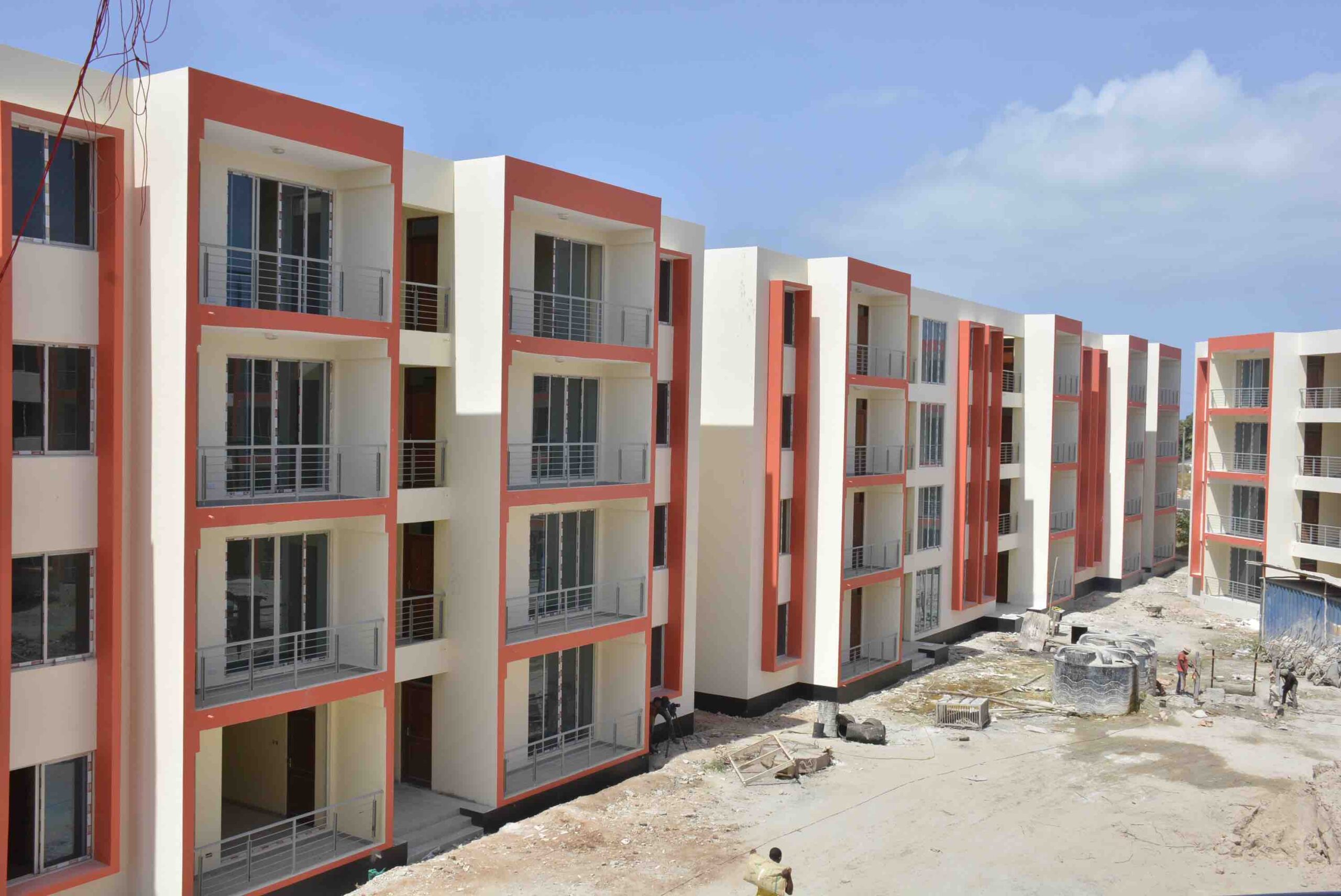Managing finances during property development projects
Real estate development, also known as land or property development encompasses the following areas:
Purchasing raw or virgin land, develop it, build on it or parcel it out or sell to others;
Acquiring existing properties, for example in mature suburbs, change use of the land and for example build gated communities in the form of cluster houses or block of flats, sell them or retain and rent them out;
Buying existing properties, renovate or extend them, sell them off or retain them and rent out.
For simplicity in this article we will call all the above activities “property development”.
Challenges in completing property development projects
One of the reasons property developers do not complete development projects is financial ie lack or mismanagement thereof. There are various reasons for this including the following:
Poor project funding model,
Poor financial budgeting,
Under-pricing of properties upon selling them to buyers, and
Imprudent withdrawal of project finances for personal use.
The above challenges and possible solutions are explained in detail below.
Poor funding model
Like any other business, there has to be a funding model suitable for the project. The property developer, depending on the scale of the project, may require a lot of money.
A developer therefore has to develop a suitable model on how to finance the project to completion and within targeted timeframes.
Some of the funding models, which I have previously explained, include the following:
Using own funds in the form of savings or net cashflows from other sources,
Borrowings from financial institutions, for example mortgage finance,
Deposits paid by purchasers of the subdivided land or property under development and instalment payments over agreed periods,
Staggered or phased approach in that net funds from a completed phase finance the next or later stages,
Bringing on board a strategic partner such as equity investor or private equity firm,
Joint ventures involving land owners, financiers, owners of land development equipment or construction companies,
Joint ventures between land owners and providers of building materials.
From the foregoing, it is clear that property developers have to come up with a suitable and documented financing model which may even include a number of financing methods.
Poor budgeting
This challenge is not confined to property development. It is not foreign to other businesses. Budgeting, unless done by qualified and experienced finance practitioners, can be a source of bother. The major pitfalls in budgets include:
Budgets not covering the whole project duration,
Overly optimistic budgets which overlook the golden financial principle of prudence or conservatism. At times people and organisations come up with numbers that they want to see. It is said that if worked out properly numbers do not lie.
Errors in estimating quantities and quality required. It is always advisable to consult experts in the area. Experience also helps.
Errors in estimating prices. Prices can be affected by inflation, currency changes, material quality choices, etc.
At times budgets can be incomplete and leave out certain key development activities and consequently costs associated therewith.
It is quite common to overlook a major activity or several activities which when combined can cost an arm and a leg and cause project delays or failures.
At times, even after having captured all cost elements, mistakes can be made in the timing of inflows, (receipts) or outflows (expenditure). The net result can be a huge funding gap which can stall project progress.
Under-pricing
It is common for developers to use funds paid by purchasers of the subdivided land or properties under construction to finance the development project.
If a developer under-prices such properties this can have far-reaching negative implications, including even losses, on the project. Underpricing can be as a result of many factors such as:
Under-budgeting of development expenditure as explained above,
Pricing in order to compete with other projects on the market, for example similar ones in the neighbourhood,
The desire to sell fast in order to finance the project or use finances for personal use.
Property developers are advised to price their properties correctly in order to balance many considerations such as marketability, viability, financial needs and others.
Imprudent withdrawal of project finance for personal use
This practice, commonly known as failing to distinguish between seed and food is quite common.
It is not just in property development but in business generally. At times there is no distinction among long term capital, working capital and profit (net gain) or between revenue and profit.
Withdrawing funds from a project for personal use ahead of generating overall net profit, gain or net cashflows, is prevalent and can be disastrous. A developer has to come up with an expenditure model for example to say out of every dollar:
How much goes to finance the project development “seed” and
How much to withdraw for personal use, if unavoidable “food”.
Recommendations
Land or property developers require prudent financial management to avoid project delays or failures.
Disclaimer: This simplified article is for general information purposes only and does not constitute the writer’s professional advice. -heral.cl.zw












